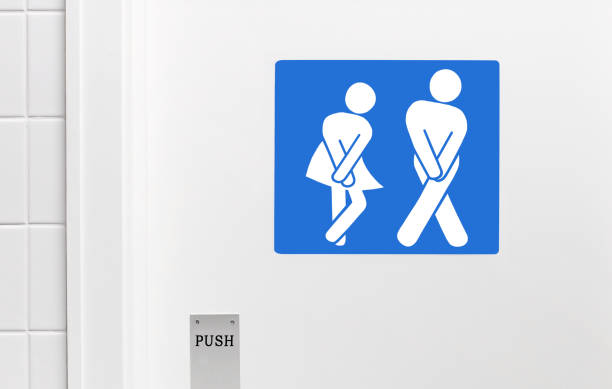
Symptoms of bowel problems with MS
What bowel dysfunctions might occur with MS?
MS can harm the neurological pathways that control how the bowel functions. If these nerves are damaged, bowel dysfunctions can occur. Neurogenic bowel dysfunction can occur in many ways, but can normally be grouped into two general areas. It can either lead to problems maintaining control over the bowels, or it can lead to problems with constipation and evacuation of the bowels.

MS and constipation
‘Constipation’ is a commonly used term, but it can be hard to know exactly what counts as ‘constipation’. It is clinically defined as having fewer than three bowel movements per week. To be diagnosed with chronic constipation, this state must persist for more than three months. If you find yourself passing hard stools, straining, and/or struggling to completely pass your stool when on the toilet, these are indications of constipation.

MS and faecal incontinence (FI)
FI is a bowel dysfunction that is highly prevalent in MS. This is when a person experiences involuntary bowel emptying and/or stool leakage. If you experience this, or find your stool is soft or watery when you go to the toilet, this may indicate bowel dysfunction is a part of your life with MS. To be diagnosed with FI, these symptoms need to be present for at least 1 month.
